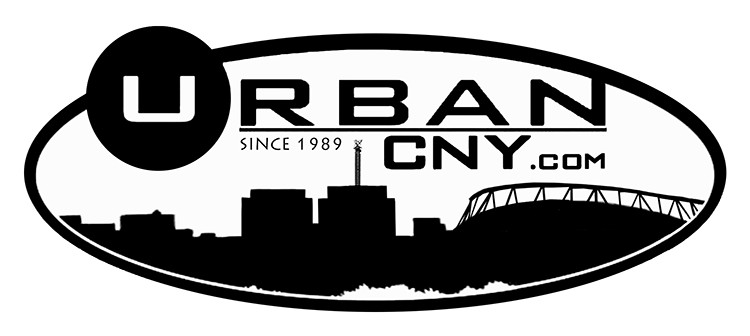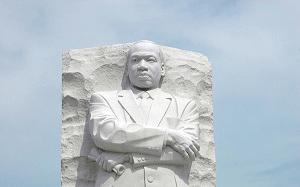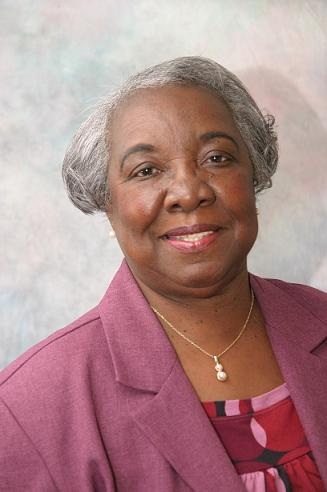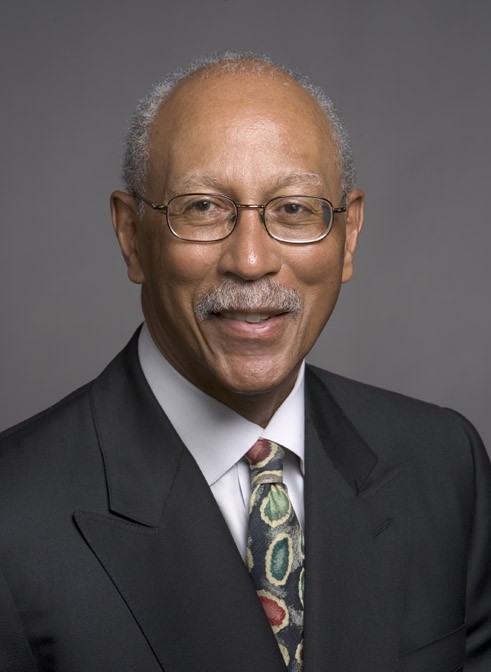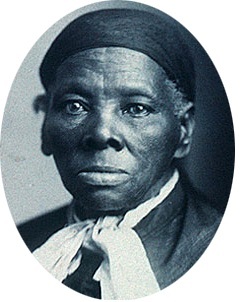Dr. Martin Luther King, Jr. and the Occupy Movement
At this time of year we are reminded of the legacy of Dr. Martin Luther King, Jr. Major corporations will pour out their best commercials featuring smiling kaleidoscopes of multicultural cherubic faces ensconced in memorial toned music with quotes from his 1963 I Have A Dream speech barely audible in the background. Usually Dr. Martin Luther King, Jr. programs cherry pick the “Dream” speech for the warm fuzzy parts you know, the 36 words famously repeated, “I have a dream that my four little children will one day live in a nation where they will not be judged by the color of their skin but by the content of their character,” while the remaining 1,616 words go virtually unacknowledged. However, in remembering Dr. King, passages of his 1963 speech remain unquoted in the context of celebrating the life and legacy of Dr. Martin Luther King, Jr. “In a sense we have come to our nation’s capital to cash a check. When the architects of our republic wrote the magnificent words of the Constitution and the Declaration of Independence, they were signing a promissory note to which every American was to fall heir. This note was a promise that all men, yes, black men as well as white men, would be guaranteed the unalienable rights of life, liberty, and the pursuit of happiness.” “It is obvious today that America has defaulted on this promissory note insofar as her citizens of color are concerned. Instead of honoring this sacred obligation, America has given the Negro people a bad check, a check which has come back marked “insufficient funds.” But we refuse to believe that the bank of justice is bankrupt. We refuse to believe that there are insufficient funds in the great vaults of opportunity of this nation. So we have come to cash this check- a check that will give us upon demand the riches of freedom and the security of justice.” In November of 1967 Dr. King and the Southern Christian Leadership Conference began planning the Poor People’s Campaign to address issues of economic justice. This second phase of the Civil Rights Movement would focus on addressing the issues of all poor people, not just blacks. King and the SCLC were now dealing with a congress which they were convinced had demonstrated “hostility to the poor,” appropriating “military funds with alacrity and generosity.” During the seven years preceding 1968, the United States Government spent $384 billion on defense. In 2009 alone, it spent $541 billion, and in 2012 after a decade of war the United States of America’s military spending soared 218 percent. In 1967 King wrote in Where Do We Go from Here: Chaos or Community?: “A nation that continues year after year to spend more money on military defense than on programs of social uplift is approaching spiritual death.” The Occupy Movement styled citizen action along with their concerns about the 99 percent is exactly where Dr. King was headed when he was gunned down in Memphis, Tenn., at 6:01 p.m. at the Lorraine Hotel on April 4, 1968.







